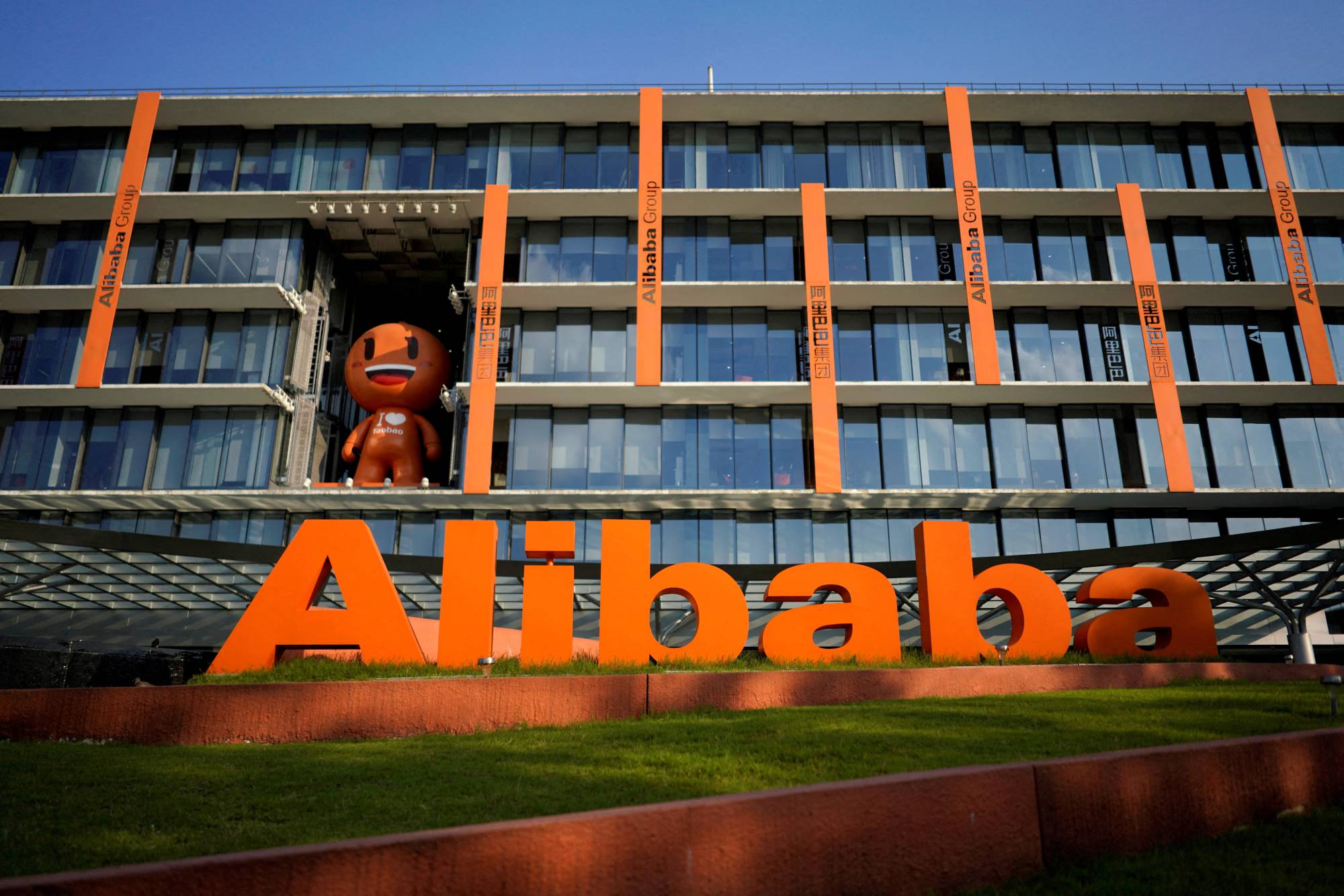
Chinese tech giant Alibaba Group is set to revolutionize its international e-commerce operations by integrating generative AI-powered tools. These advancements aim to assist cross-border merchants with crucial tasks such as translation, content creation, and managing product returns, according to Kaifu Zhang, the group’s vice president. Zhang shared these insights at the Reuters Next Conference in Singapore, emphasizing the company’s optimism about AI’s potential despite escalating tensions between China and the U.S.
“China is pretty much on par with the U.S. in the rate of AI innovation,” stated Zhang, who leads Alibaba International Digital Commerce’s artificial intelligence (AI) initiative. He underscored the significant strides made in open-source AI technology not only in China but also across Europe.
Alibaba, a sprawling tech conglomerate, has been navigating challenges to enhance the competitiveness of its global marketplaces, including AliExpress and Lazada. This follows a strategic restructuring of its international e-commerce unit into a standalone business.
The Evolution of Alibaba’s E-Commerce Strategy
- AI Integration: Generative AI tools for translation, content creation, and product returns.
- Global Competition: Facing competition from Shein and Temu.
- Growth Metrics: 300 million consumers annually and over one million merchants.
- Financial Performance: 44% earnings growth in Q4 year-over-year.
Alibaba’s vice president, Kaifu Zhang, highlighted that China has matched the U.S. in AI innovation, pointing out significant developments in open-source AI technology in both China and Europe. This parity in technological advancement positions Alibaba advantageously in the global market.
Zhang’s comments come at a time when global tech firms are increasingly leveraging AI to gain competitive edges. The integration of AI in Alibaba’s operations aims to streamline processes for merchants, thereby enhancing the overall customer experience on platforms like AliExpress and Lazada.
The restructuring of Alibaba’s international e-commerce unit into a standalone business was a strategic move aimed at improving the competitiveness of its global marketplaces. Despite this, Alibaba’s initial advantages have diminished over recent years. Competitors like Shein and NASDAQ-listed PDD’s Temu have outpaced Alibaba in sales and growth, prompting the need for innovative solutions.
Alibaba International Digital Commerce Group has achieved significant milestones, with 300 million consumers annually and over one million merchants worldwide. This unit has emerged as one of Alibaba’s most promising growth areas. In the period from October to December, the unit’s earnings surged by 44% compared to the previous year.
One of the primary benefits of integrating generative AI is enhanced translation and localization. Cross-border merchants often face language barriers that can hinder their ability to reach a global audience. Alibaba’s AI tools provide seamless translation services, ensuring that product listings and customer communications are accurately conveyed in multiple languages. This not only improves the shopping experience for international customers but also helps merchants expand their market reach.
AI-powered content creation tools are another game-changer for merchants. Creating engaging and informative content is crucial for attracting and retaining customers. With generative AI, merchants can easily generate high-quality product descriptions, marketing materials, and customer support content. This reduces the time and effort required for content creation, allowing merchants to focus on other aspects of their business.
Handling product returns efficiently is a significant challenge in e-commerce. Alibaba’s AI tools streamline the returns process by providing automated solutions for return requests, tracking, and customer service. This not only enhances the customer experience but also reduces the operational burden on merchants, making it easier for them to manage returns and maintain customer satisfaction.
| Metric | Value |
|---|---|
| Annual Consumers | 300 million |
| Global Merchants | Over 1 million |
| Earnings Growth (Oct-Dec) | 44% |
| Competitors | Shein, PDD’s Temu |
Alibaba’s efforts to enhance its e-commerce operations through AI integration come in response to the growing competition from other China-founded peers. Shein and Temu have both seen substantial growth, surpassing Alibaba in various metrics. By leveraging AI, Alibaba aims to regain its competitive edge and provide a superior experience for both merchants and consumers.
Looking ahead, Alibaba’s focus on AI-powered tools is expected to drive further growth and innovation within its international e-commerce unit. As the company continues to refine its AI capabilities, it aims to offer more advanced solutions that address the evolving needs of the global market. This strategic approach positions Alibaba to not only compete with but also lead the market in AI-driven e-commerce solutions.
Alibaba’s integration of generative AI-powered tools marks a significant step in its journey to enhance international e-commerce operations. By addressing key challenges such as translation, content creation, and product returns, Alibaba aims to provide a seamless experience for cross-border merchants and consumers alike. With a robust market presence and a commitment to innovation, Alibaba is poised to continue its growth trajectory and solidify its position as a global e-commerce leader.
Featured Image courtesy of The Japan Times
